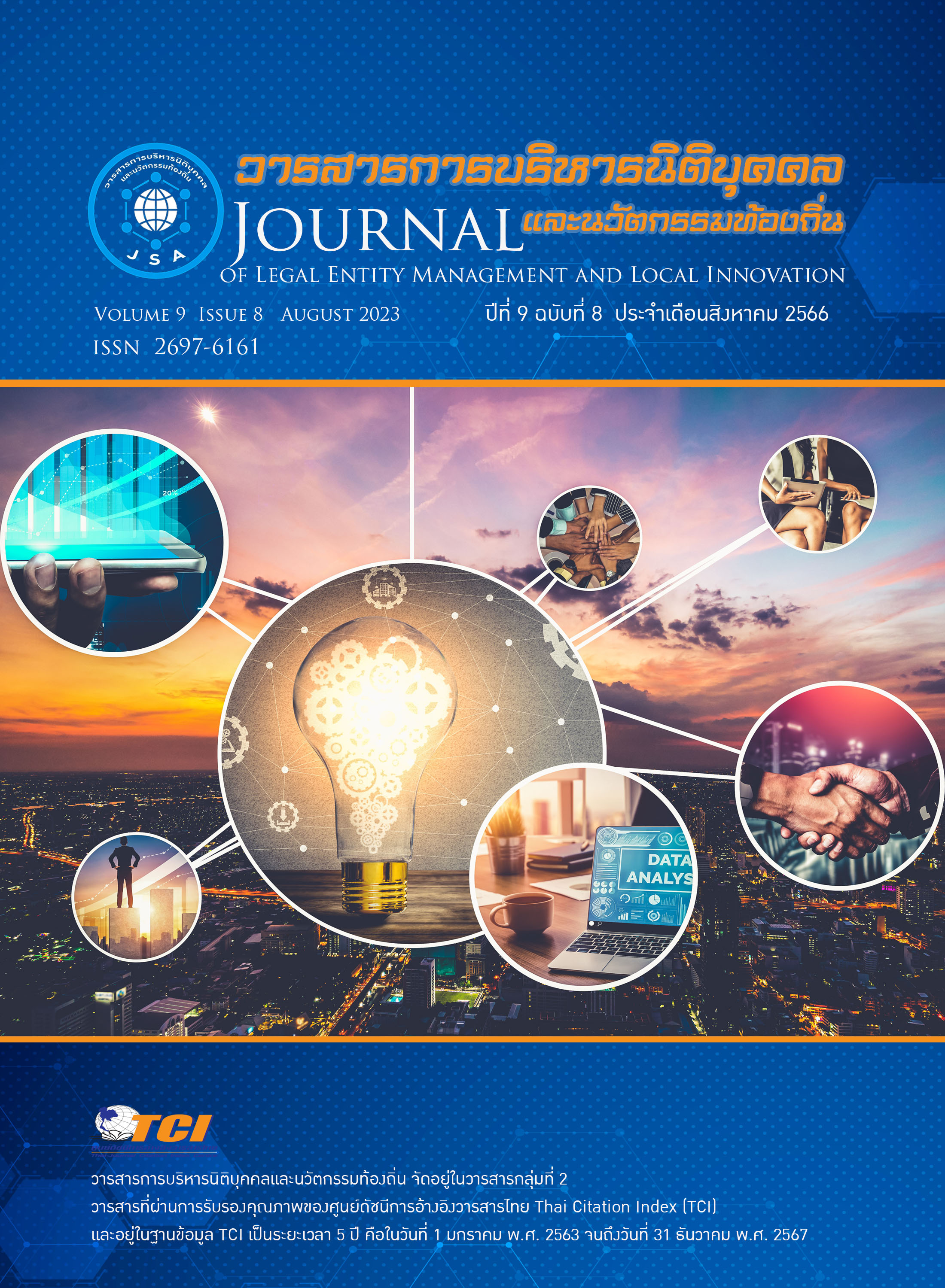The Development of Social Studies Curriculum by Integrating Civic Education in Junior High School.
Keywords:
Curriculum Development, Social Studies Curriculum, Integration, Civic EducationAbstract
The objectives of this research are as follows: 1) to develop the curriculum for the subject group of Social Studies, Religion, and Culture by integrating civic education in junior high school. 2) to study the outcomes of implementing the curriculum for the subject group of Social Studies, Religion, and Culture in junior high school through the integration of civic education. The population consists of 9 teachers who teach Social Studies, Religion and Culture subject, and 590 students in grades 7-9 at Panyapiwat Institute of Management Demonstration School. The sample group consists of 3 Social Studies, Religion and Culture teachers at the first year of lower secondary education, and 31 students from the 1/3 class of the first year of lower secondary education. The sampling method used is purposive sampling to select specific grade levels and simple random sampling to select classroom, considering that students in each class have different abilities. The data analysis will be conducted using the mean and standard deviation. The results of developing the social studies curriculum revealed that the developed curriculum is highly suitable (=4.56, S.D. = 0.46). The components of the curriculum include principles and rationale, conceptual framework, curriculum objectives, content and learning standards, emphasis on civic education, indicators and learning content through civic education integration, curriculum structure, course descriptions and lesson plan. The results of using the social studies curriculum based on the measurement of learning outcomes in the subject, showed that students had an average score at a good level (= 22.74 or 75.80%). The results of measuring knowledge in civic education showed that students had an average score at an acceptable level (= 12.81 or 64.05%). The results of observing citizenship behavior showed that students had an excellent average score (= 4.58, S.D. = 0.56). Students expressed a high level of satisfaction with the use of the curriculum (= 4.15, S.D. = 0.80).


